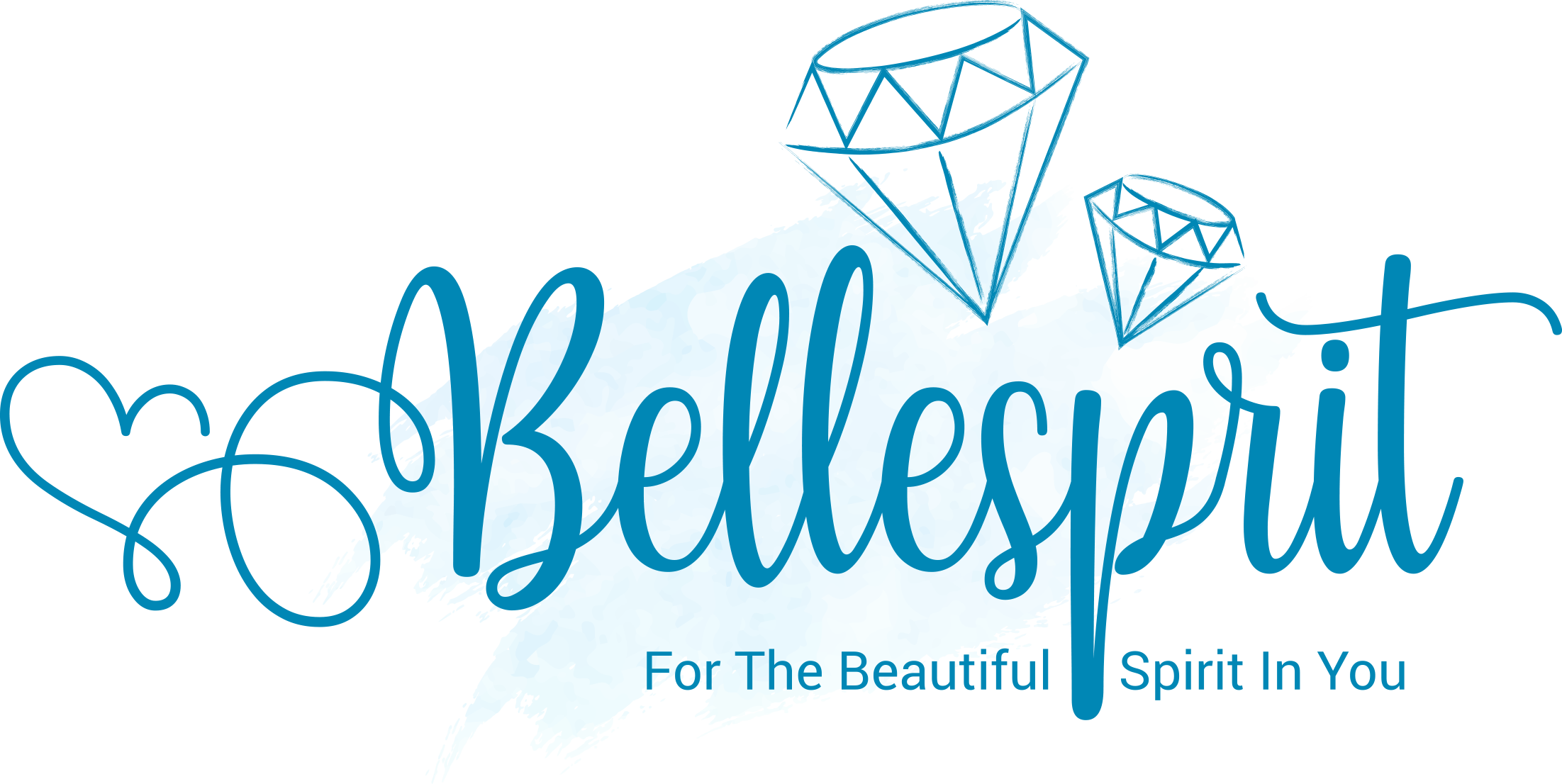How often do we tell people that they have freedom of choice when discussing an important decision? We have options and resources available and do our homework. Some decisions are easy, while others are life changing and cause an enormous amount of stress and anxiety. There are excellent resources out there to help you, but there are just as many unreliable resources ready to pry on you for profit or less than legal results. It’s unfortunate that we can no longer count on someone’s word, a hand shake agreement or promises made. Today everything has a cost whether it be financial, emotional or life changing. If it says FREE, expect to pay double. If it says “Limited time only” consider the time is up. In any important decision you do your research; inquire and question, watch videos, observe the news and scan articles and manuals for information and answers. We grab our computers, note pads, IPad, books, manuals, magazines and various forms of media and scour them front to back. We spends hours, days and weeks, make lists that outline our pros and cons. We have choices and options coming at us from every direction, yet those options can leave us even more confused and we are no closer to making that decision. Finally, you just give up, fire the proverbial arrow at the option that makes the most sense and hope for the best. We sit back, hold our breath and sign our name on the dotted line. Once your anxiety diminishes and you are confident in the decision made, you discover that the information you counted on was incorrect, untruthful or biased. Not because you haven’t done your homework, but the information you gathered was deliberately worded to give you the impression that it was truthful, correct and reliable. The information provided is based upon the bias of the researcher or a writer who has more to gain financially than providing the reader with an honest answer on the subject matter. The writer or researcher has been paid to deliberately skew the information to benefit the seller and confuse the consumer. They are paid to be biased in the information they put out hoping the consumer is gullible or uneducated enough to ‘buy’ it. Sadly, many do. Some of the information provided skillfully preys on those who are uneducated. Their intent isn’t to benefit you in any way. Their intent is to “get you” and they are more than willing to make your life a living hell as you try to dig yourself out of the hole they built. The writer is experienced enough to convince you that what you are reading is factual and authentic. The media has taken its own twist on the facts in order to gain viewers, listeners and readership in order to increase revenue. They sensationalize the headlines or tag lines enticing you to click and read further only to find out that the headline is more sensational than the actual content. Within the first paragraph you realize that the headline has nothing to do with the content of the article let alone hold any bit of truth within the printed words. By then…it’s too late…you’ve just put money in their pocket, increased their trending and visibility status. You fell right into the media hype trap. Shouldn’t that be considered false advertising? In more and more cases the media hasn’t provided you with the true facts or any facts at all. They tell you what they think you should hear and hide the details they don’t want you to know. The information we as consumers are given is becoming more tabloid than reliable sources of information. Look at our history books. They are written to paint a particular picture that the author wants the reader to see. The information is often factual based upon the time or era that it was written. It’s written in the perception of the author. It isn’t always a true or accurate depiction of the facts, but more of a fiction novel with an educated title based upon his or her experience or view. In some cases the truth is conveniently edited out altogether based upon the political culture at the time. We can’t go back and change history but we can certainly rewrite it to show the true picture. Quoting P.T. Barnum “There’s a sucker born every minute.” Unfortunately and often intentionally, a lie is told every second. If the tag line is unbelievable, chances are it is. Do you really know what you’re buying, reading, consuming or repeating? If you aren’t comfortable with what is placed before you -step back. For your own sanity and comfort, making the right decision is often complicated with a vague film of truth and honesty. The truth of the matter is that it is becoming more difficult to find information that is reliable and a writer who is trustworthy. In order for anyone to make a rational, intelligent decision, the information has to be the same. When doing your own research, read between the lines and ask yourself, what does the writer have to gain from this? Check the source of the writer. Who does he or she work for? What does the research detail and what outcome are they promising? Then if the representative says “oh, don’t worry about that, it’s just mumbo jumbo” turn around and walk away. If the information sounds too good to be true, it is. If the headline is sensational, most likely it isn’t that at all. If you see something in fine print, get a magnifying glass. If you’re not sure, step back and think again. Trust your gut instinct and don’t allow curiosity to get the better of you. The next question is, how do we protect ourselves from false information? We can’t. All we can do is continue to do our research, ask questions and read between the lines. Don’t jump to conclusions too quickly. That will backfire 90% of the time. It’s up to all of us to remove the injustice and falsification of written and visual material. We do that by refusing to buy into it. This is true for social media as well. Social media has become the quickest way to spread gossip and sensational material than any other media. How often do you see a headline in the news feed that is supposedly shared by someone on your friends list? Did you know that people are paid to attach those to profiles and share them? Each share rewards the person spreading the information with a monetary payback. The more shares, the more money. People actually make a living just by sharing such content on Facebook, Twitter etc. By clicking on the feed, sharing it or even commenting on it you could very well be putting money in someone’s pocket. You, by all accounts, are innocently spreading the spam to your friends and family. Even if you delete or hide the post it still counts as a check mark in their pocket. Reporting it to authorities will help eliminate it but since there is so much out there it doesn’t happen in a timely matter and chances are the content is replaced by yet another post. Using social media wisely serves a purpose. As the saying goes, “If someone asked you to jump off a bridge, would you?” My advice, don’t jump off a bridge or a curb unless you know where you’re going to land. Do your homework as if you’re taking a college course and there’s a final exam at the end. Ask for references and check your sources and resources twice. Three times if you aren’t sure. Don’t take words as gospel and certainly don’t make a move on your decision if you feel the least bit uncomfortable. It’s okay to keep asking questions. If they give you an answer that you don’t understand, keep asking. If it’s complicated, have the industry terminology taken out of it and have it explained in lay terms. You are the buyer. Be wiser than they are and you’ll suffer less at the hands of the untruth. Good luck and may your next decision be a wise one. Views:]]>
You also might be interested in
Necklaces and lockets were often fashioned of braided hair [...]
About Bellesprit

Bellésprit (pronounced bell-e-spree) was born out of a desire to educate those who seek to expand their knowledge along their spiritual path. Featuring many contributors who are experts in their field, Bellésprit has a little bit of something for everyone who desires to learn more about spirituality, metaphysics, and the paranormal world.


